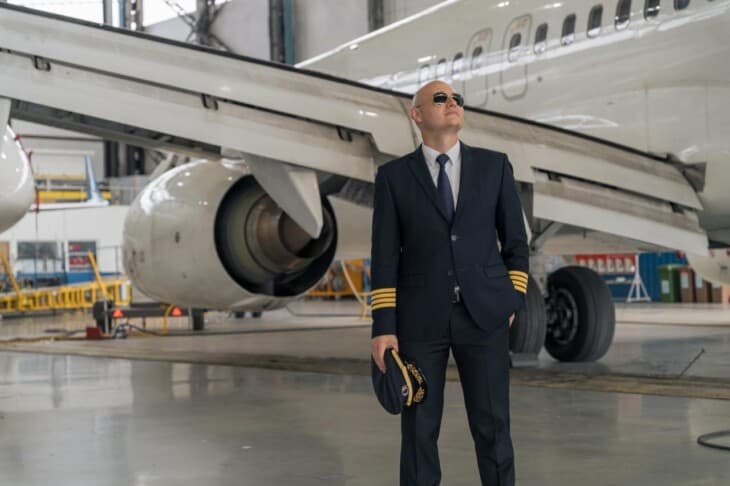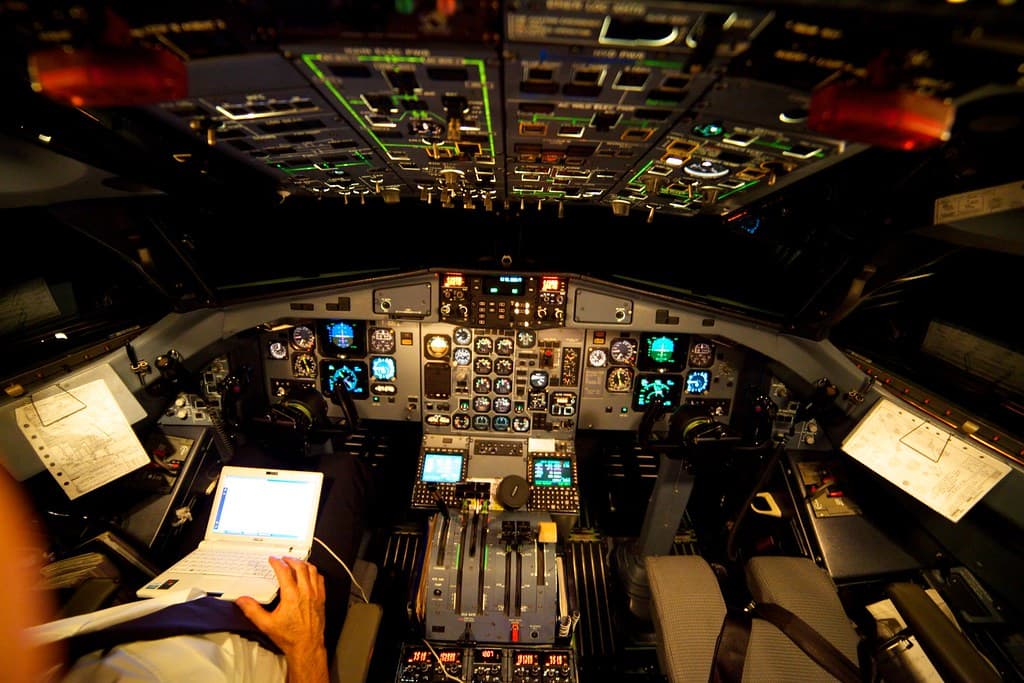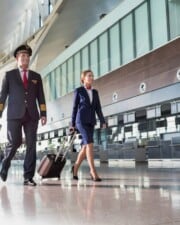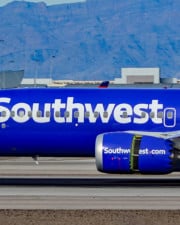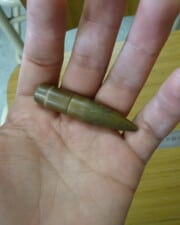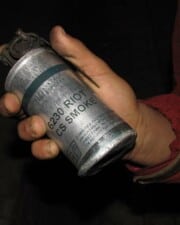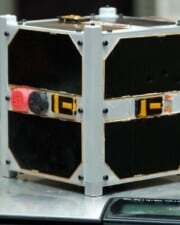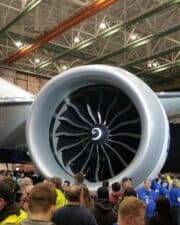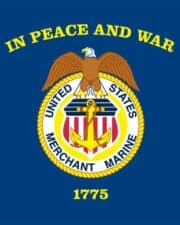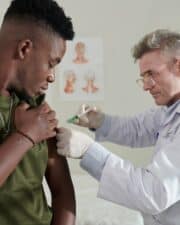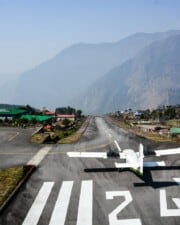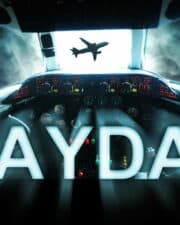Pilots must follow strict conduct rules when flying and on the ground, and that includes ingesting substances. Pilots cannot drink while in the air or before a flight, and they cannot take drugs. While enforcing pilot behavior in the cockpit is easy, it gets harder to know if pilots are following the rules when they go home. How do airlines and the FAA know that pilots aren’t using drugs?
All pilots are drug tested; however, the frequency varies depending on the job. Most commercial airlines have random drug tests for their employees. The FAA doesn’t have rules for the frequency of drug testing, but it has guidelines for when pilots must be drug tested, for example, after an incident.
Here is what you need to know about pilots and drug testing.
When Are Drug Tests Mandatory?
One of the few times pilots are absolutely certain they will have to undergo drug testing is when they first apply for their jobs. FAA regulations state that airlines have to drug-test potential pilots early in the hiring process to ensure that the pilot is not using drugs or alcohol.
However, drug testing is just mandatory for airline pilots. The FAA doesn’t drug test people who are getting pilot’s licenses to fly privately.
That doesn’t mean that pilots who don’t fly for airlines can feel free to indulge in drugs. There are other circumstances under which the FAA requires drug testing. For example, there is the Post-Accident or Post-Incident Drug Test. If a pilot is involved in an accident that meets the FAA’s criteria, a drug test is mandatory to clear the pilot of any wrongdoing or intoxication.
What Happens if a Pilot Tests Positive?
If a pilot fails a drug test, the FAA revokes any flying certificates. Many employers immediately fire employees who test positive. A positive drug test will ruin the career of a pilot.
However, there are ways to come back after a positive drug test. First, the pilot is allowed to contest the result. Pilots who test positive meet with a Medical Review Officer who determines if the result is a false positive or if there are any other reasons, such as prescription medication, that might make a pilot test positive.
If a pilot actually took drugs and admits to a substance abuse problem, there are still ways to come back. The pilot must enter a program under the guidance of a Substance Abuse Professional (the FAA and individual employers have lists of accepted SAPs). After an intensive inpatient rehabilitation program and monitoring period, the pilot can request to come back to duty if the SAP determines readiness for such a step.
Once pilots who previously tested positive return to duty, they will be subject to more drug tests than their peers. Besides random drug tests, pilots coming back to work have to pass a Return to Duty Drug Test. Then, they are under monitoring for the next year and have to take at least six Follow-Up Drug Tests.
How Often Do Pilots Get Drug Tested?
The answer depends on the pilot. For example, a pilot who is returning to duty after a positive drug test will get tested more often than a colleague who has never had a positive test. An accident-prone pilot will also undergo frequent testing due to Post-Incident Drug Tests.
Another factor that determines how often pilots get tested for drugs is their employer. Most cargo or passenger airlines have random drug testing policies for their employees, meaning that they could get tested at any moment. However, pilots of private planes only get tested after accidents. Some pilots may not have to pass a drug test at all.
Most airlines have a random drug testing policy for all crew members, especially pilots. By definition, pilots can’t know how often they will get tested because the selection is totally random. Some pilots might get tested more than others just due to luck.
The FAA sets annual rates of drug testing at 50%, but schedules and patterns are up to the discretion of the airline.
What Happens if a Pilot Won’t Take a Drug Test?
If a pilot has to take a drug test, whether it’s because of an accident, someone reported the pilot for acting suspiciously, or just a random draw, it’s probably best to comply. Refusing to take the drug test, acting confrontational, or not complying fully with procedures by showing up late or leaving early does not bode well for a pilot’s career.
The consequences of not taking a drug test are similar to the consequences of testing positive. Pilots will lose their certificate and see any future applications denied. The only way to get it back is to take a Return to Duty drug test when coming back to work.
Related Posts
